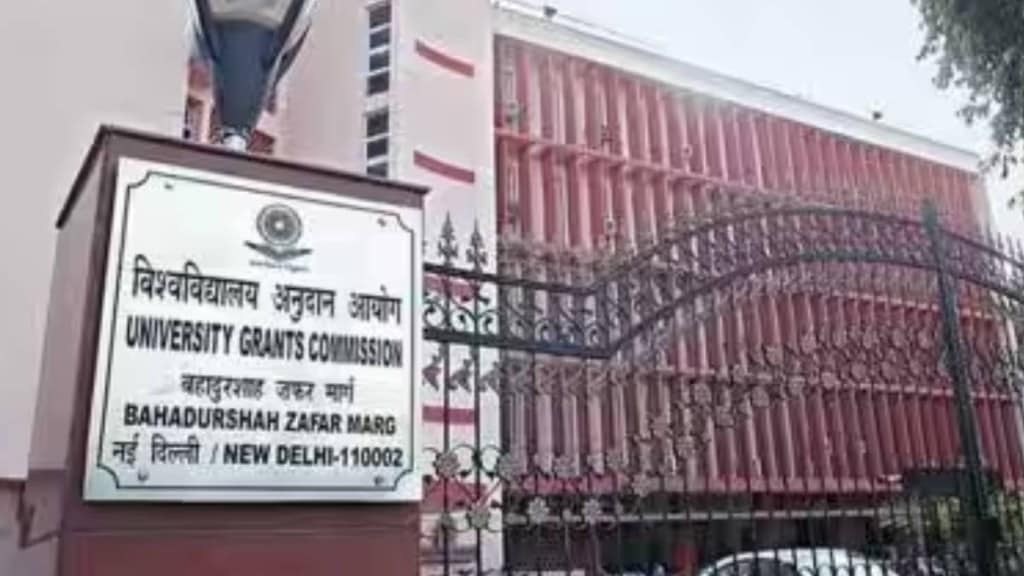The Ministry of Education clarified the ongoing backlash regarding the ‘de-reservation’ draft guidelines issued by the University Grant Commission (UGC), which was open for feedback from stakeholders till January 28. The draft informed about the de-reservation of reserved seats for category students, SC/ST and OBC candidates to fill the vacant seats if ‘enough reserved candidates are not available.’
On Sunday, the ministry responded on its official X handle. “After enactment of this Act, no reserved post is to be de-reserved. Ministry of Education has given directives to all the CEIs to fill up the vacancies strictly as per the 2019 ACT,” the ministry said after a huge backlash from students on social media platforms.
Additionally, Jawaharlal Nehru University’s Vice-Chancellor, Santishree D Pandit, issued a statement to address concerns and clarify that no reserved posts in the university have been de-reserved. Stressing the inclusion of highly qualified candidates under the reserved category, the statement reiterated JNU’s commitment to the Centre’s reservation policy.
The university follows an existing office memorandum that explicitly prohibits de-reservation for SC, ST, or OBC vacancies. Subsequently, the statement emphasized the Supreme Court’s position against the interchangeability of vacancies reserved for these categories.
The JNU Students’ Union (JNUSU) announced plans for a protest against UGC Chairman M Jagadesh Kumar, asserting that the new draft guidelines were exclusionary and aimed at undermining reservation in higher education institutes. The SFI Delhi State Committee also called for a protest at the UGC headquarters, expressing concerns about the potential impact of the draft guidelines.
The draft ‘Guidelines for Implementation of the Reservation Policy of the Government of India in Higher Education Institutes (HEIs)’ were released in December of the previous year. These guidelines have become a focal point for criticism and protests, with various stakeholders expressing apprehensions about their potential implications on reservation policies in higher education institutions.
